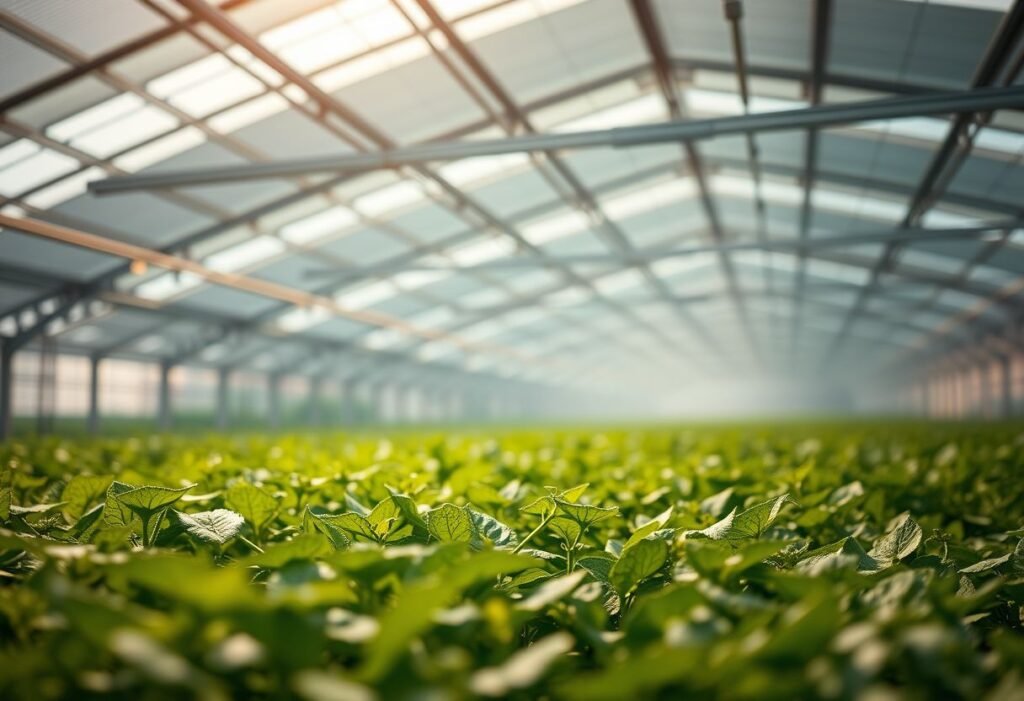Genetic engineering is revolutionizing food production in ways that were once unimaginable. As we face challenges such as climate change, food scarcity, and health issues, innovative techniques in genetic engineering offer promising solutions to ensure food security and improve nutritional quality.
Transforming Crop Yield with Genetic Engineering
One of the most significant impacts of genetic engineering in agriculture is the enhancement of crop yields. By utilizing advanced genetic modification techniques, scientists can create plants that are more resistant to pests, diseases, and harsh environmental conditions. This means a 50% increase in food production per acre is possible, providing for a growing global population and reducing the need for chemical pesticides. Innovations like CRISPR technology allow targeted editing of plant DNA, which helps to create varieties that can thrive in less-than-ideal conditions, ultimately resulting in more sustainable farming practices.
Improving Nutritional Value of Foods
Genetic engineering is also pivotal in enhancing the nutritional profiles of staple crops. Biofortification, a process that improves the nutritional content of food through genetic modification, can lead to crops rich in essential vitamins and minerals. For example, genetically engineered rice known as Golden Rice has been developed to contain elevated levels of vitamin A, addressing dietary deficiencies in regions heavily reliant on rice as a staple. This innovative approach not only improves health outcomes but also ensures that populations get the nutrients they need from their primary food sources.
Reducing Environmental Impact
The integration of biotechnology in food production is playing a crucial role in reducing environmental impact. Genetically modified organisms (GMOs) can require fewer resources, such as water and fertilizer, which helps to lower the overall footprint of agriculture. By creating crops that can utilize soil nutrients more efficiently and withstand drought conditions, genetic engineering supports a more environmentally friendly approach to food production. This not only conserves resources but also mitigates the adverse effects of conventional farming on ecosystems.
Ensuring Food Security
With the world’s population expected to reach 9 billion by 2050, ensuring food security is paramount. Genetic engineering comes into play by enabling the development of crops that can withstand various challenges, including climate change. Researchers are focusing on creating resilient varieties that can adapt to shifting weather patterns, thereby safeguarding the global food supply. These innovations can lead to an increase in food availability, making it possible to feed more people sustainably.
Consumer Acceptance and Regulatory Challenges
Despite the promising advancements in genetic engineering for food production, consumer acceptance remains a hurdle. Many individuals express concerns regarding the safety and ethical implications of GMOs. Education and transparent communication about the benefits and safety of genetically modified foods are crucial in overcoming these apprehensions. Furthermore, regulatory challenges can also impede the rapid deployment of these innovations, necessitating a balanced approach that ensures food safety while allowing scientific progress.
The Future of Food Production
The future of food production seems promising as genetic engineering continues to evolve. Ongoing research aims to discover new methods for creating crops that can address the nutritional needs of diverse populations while being environmentally sustainable. As innovations emerge, they will play a crucial role in forming a food system that can nourish the global population without exhausting the planet’s resources. The continued collaboration between scientists, farmers, and consumers will be essential in shaping this future and ensuring successful integration of genetic technologies into our food supply.
Disclaimer: This content is for informational purposes only and does not constitute professional advice.





















